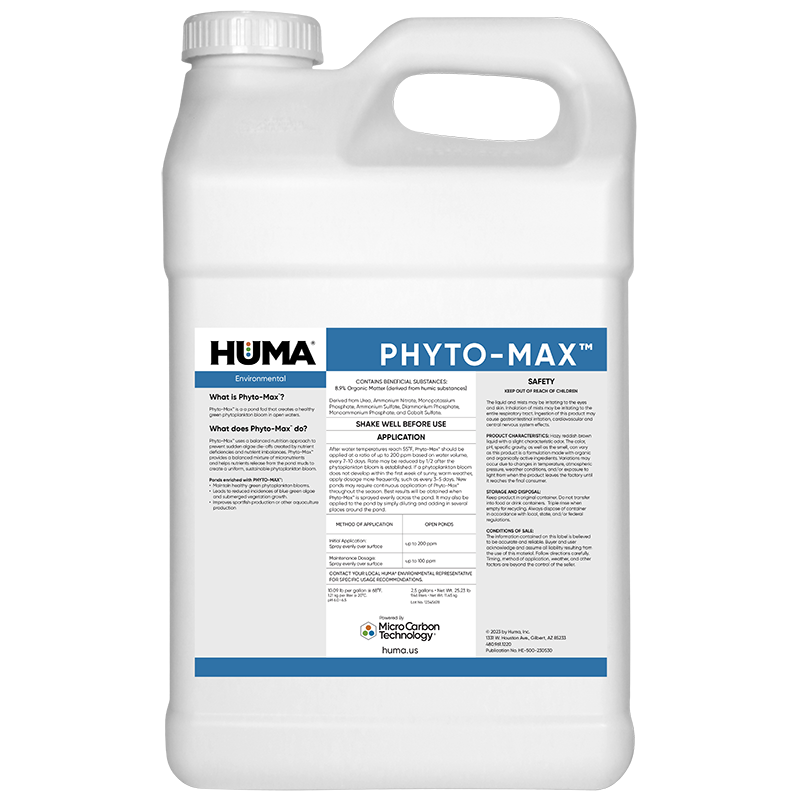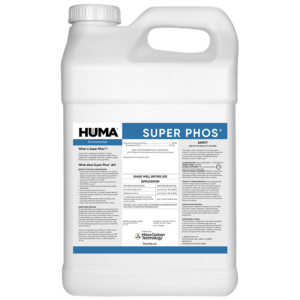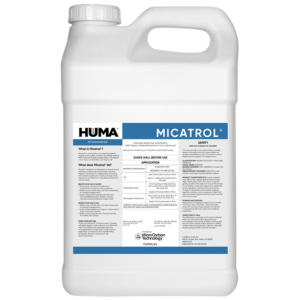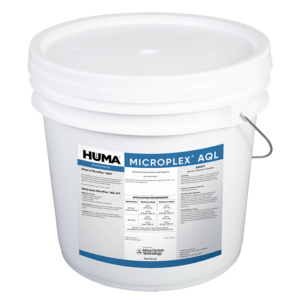FAQs
Related Products
Related Case Studies

Bio Energizer® Reduces Sludge 45% In One Year, Saves Municipal Plant $6 M In Dredging Costs
Summary In this study, a one-year bioremediation plan featuring Bio Energizer® was implemented for a municipal wastewater treatment facility with 2 primary lagoons in which sludge depths had reached 5–7 feet. The lagoons were at risk of upset and wastewater processing capacity was reduced. Sludge levels were measured at baseline and quarterly. Sludge depth was

Bio Energizer® Toxicity Testing
Abstract Bio Energizer® is frequently used to facilitate bioremediation of wastewater. A study was conducted by an independent laboratory to measure possible negative effects Bio Energizer® might have on a freshwater test species (rainbow trout). Using EPA-approved methodology to evaluate Bio Energizer®, the lab administered the product at 10 ppm to a test tank and

Bio Energizer® Reduces Sludge at Small Municipal Facility
Problem A small town in Utah (pop. 1,800) had a municipal wastewater system with a flow rate of 192,000 gallons per day. The system included a series of four lagoons that tapered to a depth of 6 feet, although at this time only Ponds 1 and 2 were being evaluated for treatment as they were
Related Blog Posts

Are You Using Wastewater Bioindicators?
By Jael Batty Water quality can be evaluated quickly, efficiently, and cost-effectively through the use of bioindicators. The presence and activities of microorganisms can indicate changes in system operations and point to the source and magnitude of an issue.1 Protozoa Approximately 4% of the microorganisms in wastewater are protozoa, which are single-celled aerobic microorganisms. Protozoa

Biological Remediation of Crude Oil Contaminated Soil
A bioremediation pilot project in Texas successfully treated highly saturated crude oil–oil-contaminated soils using Huma® products. Within 30 days, total petroleum hydrocarbons (TPH) dropped from 75,000 ppm to below 10,000 ppm, demonstrating the effectiveness of probiotic technology in transforming toxic tank bottom materials into manageable, biologically active soil.

Probiotic Solutions® Sponsors Wastewater Microbiology & Process Control 2-Day Course
Probiotic Solutions® is sponsoring a Wastewater Microbiology course with microbiologist & certified operator Dr. Toni Glymph-Martin in Arizona on April 11-12, 2023. The 2-day in-person course will cover various key topics related to wastewater microbiology including, but not limited to, microscopy, filamentous bacteria, etc. Attendees will also get a chance to participate in various hands-on






